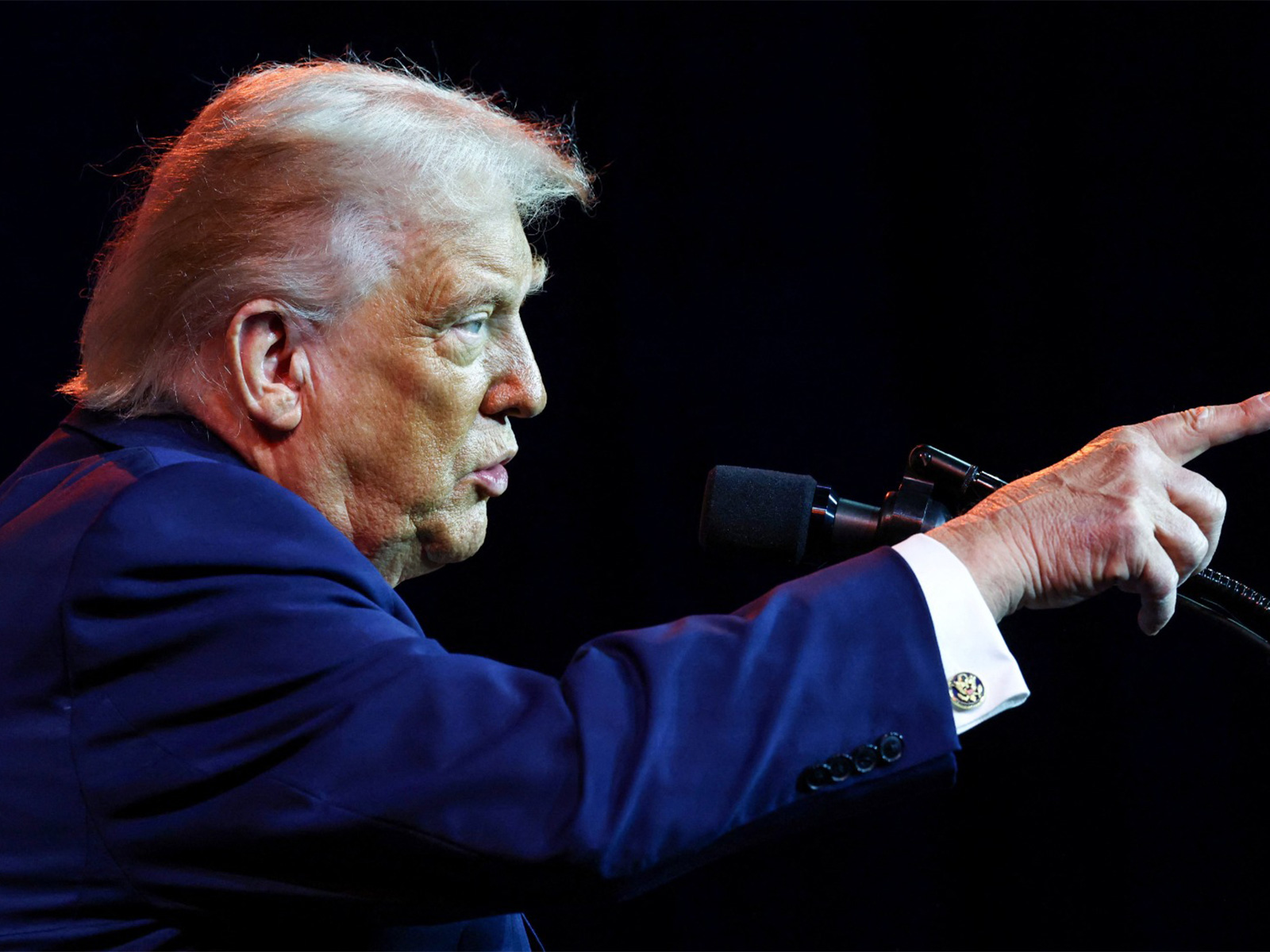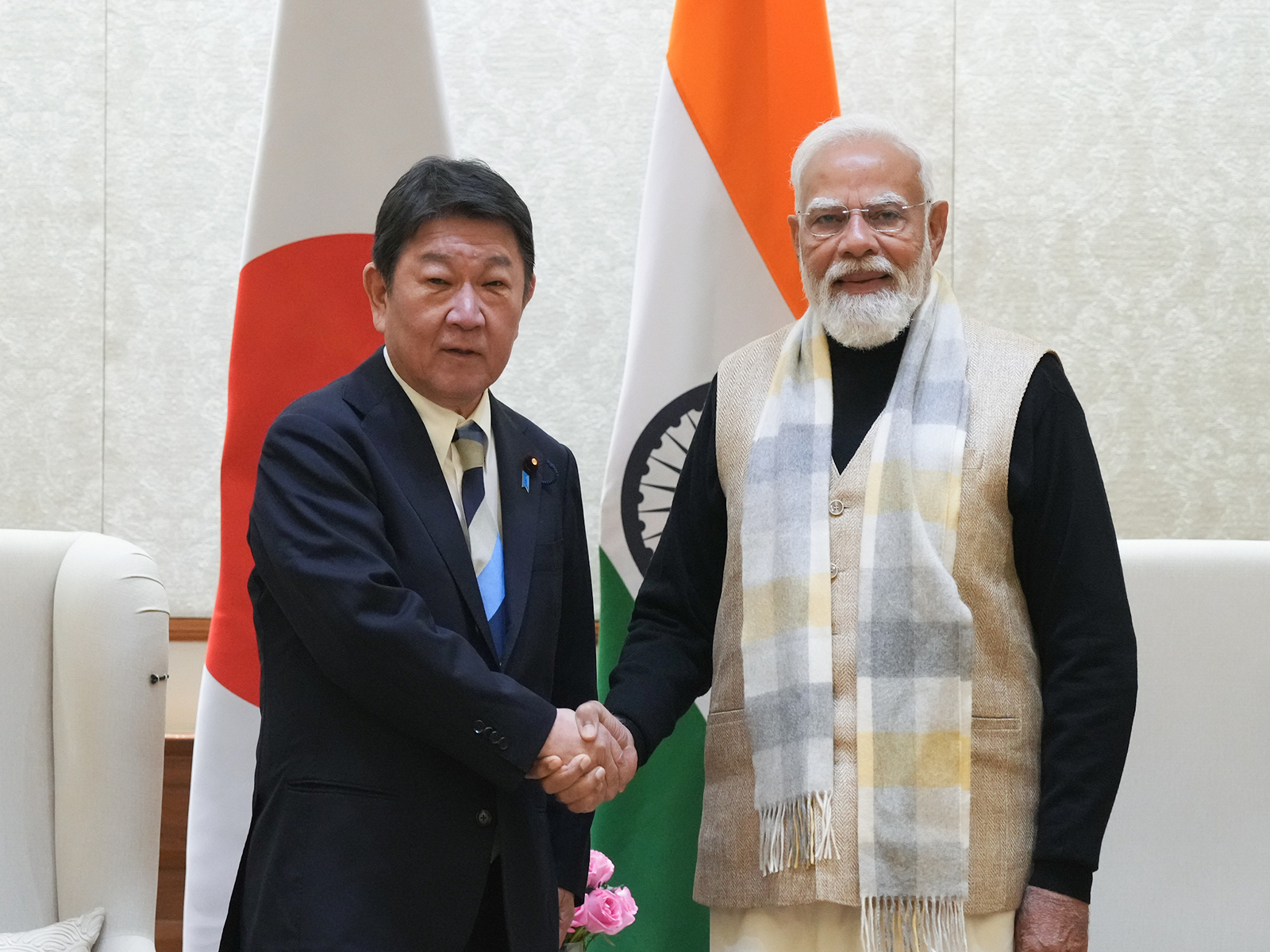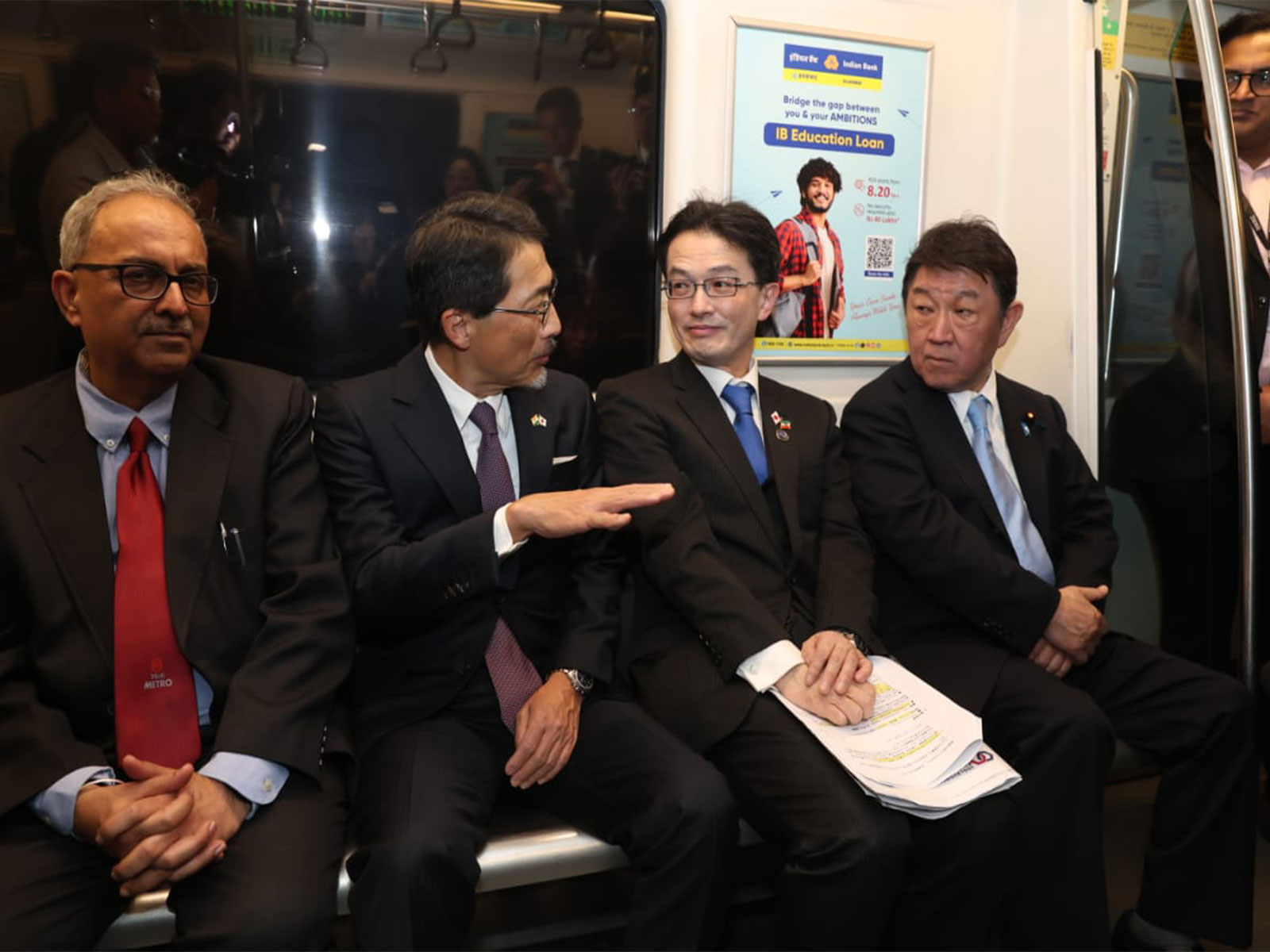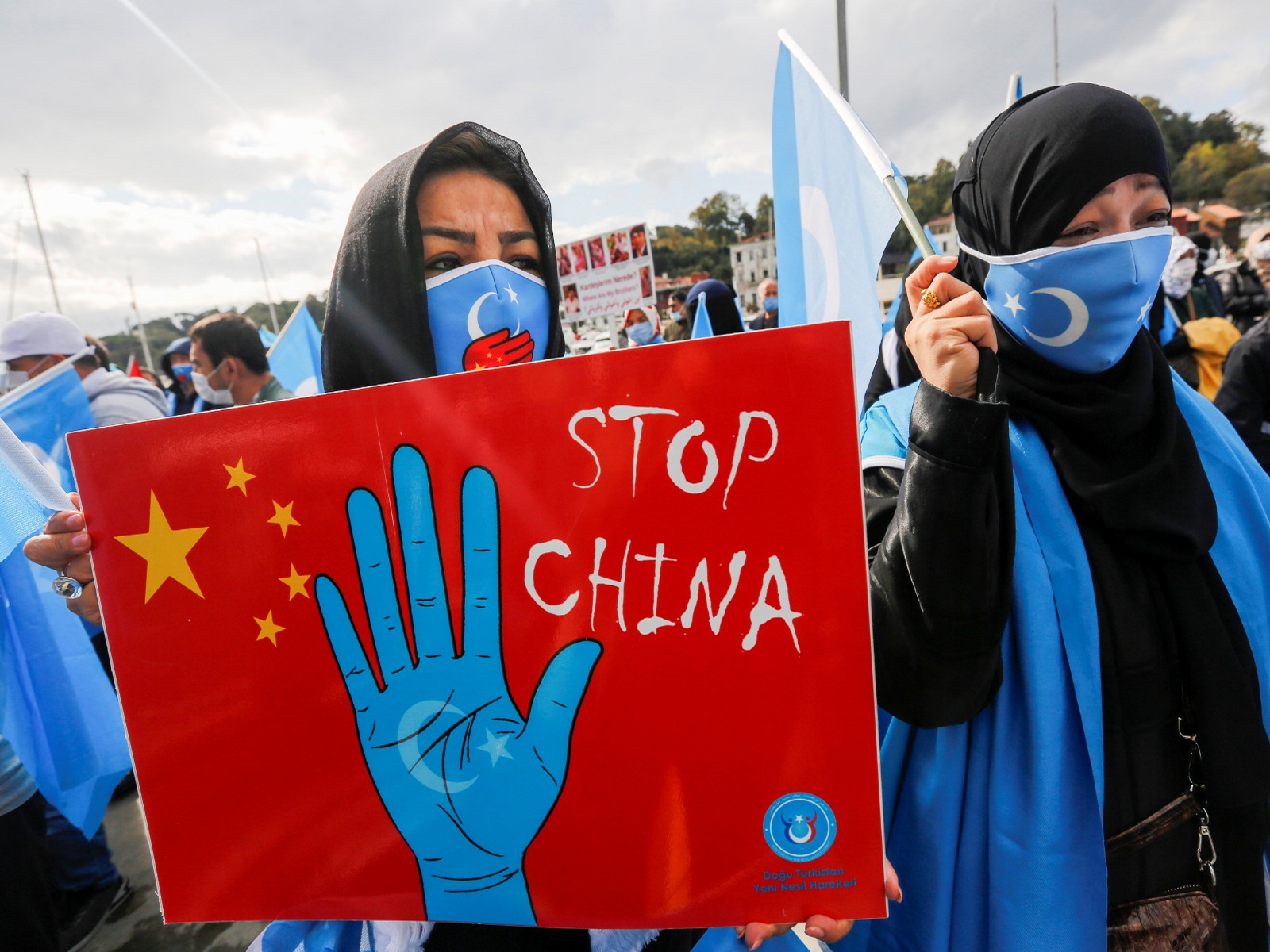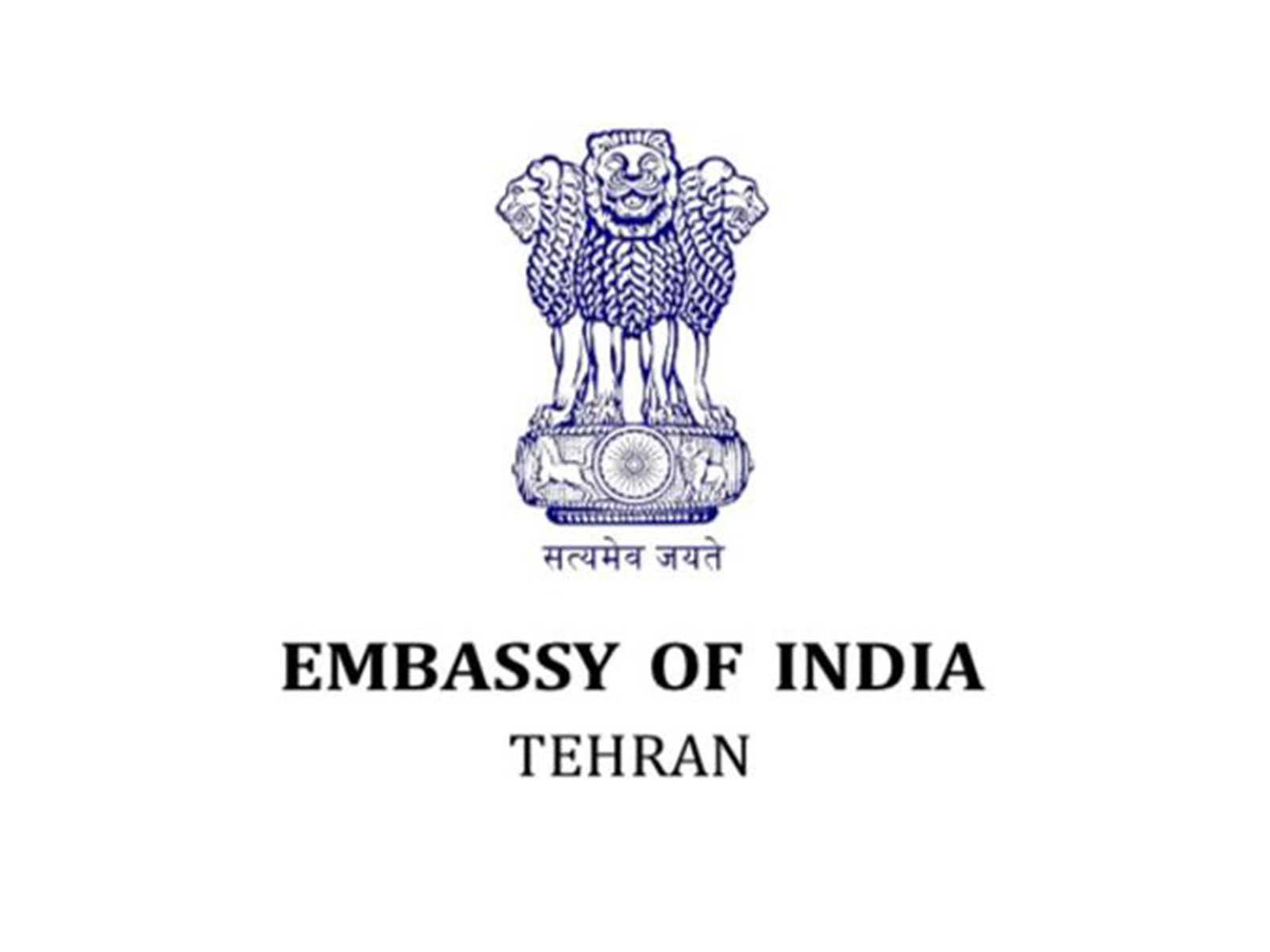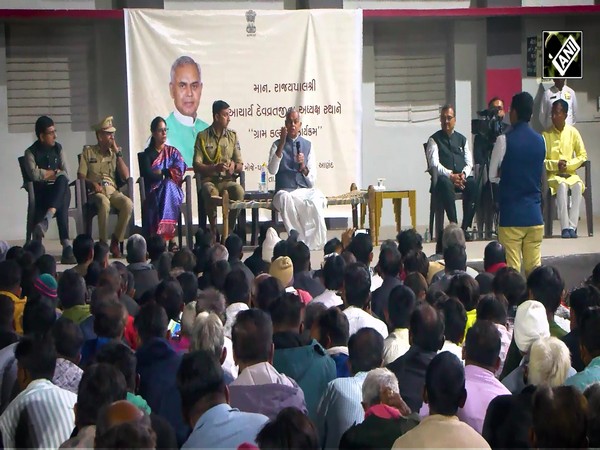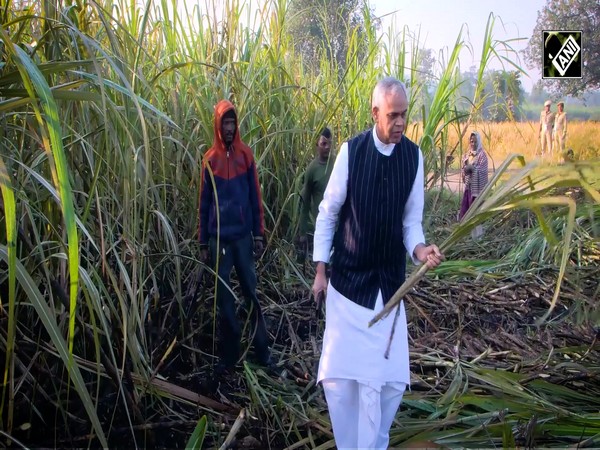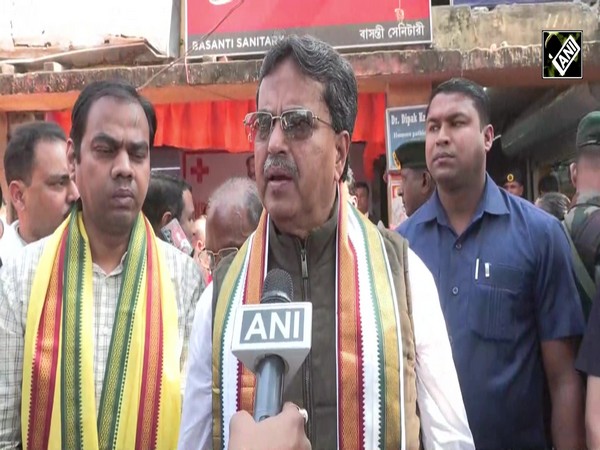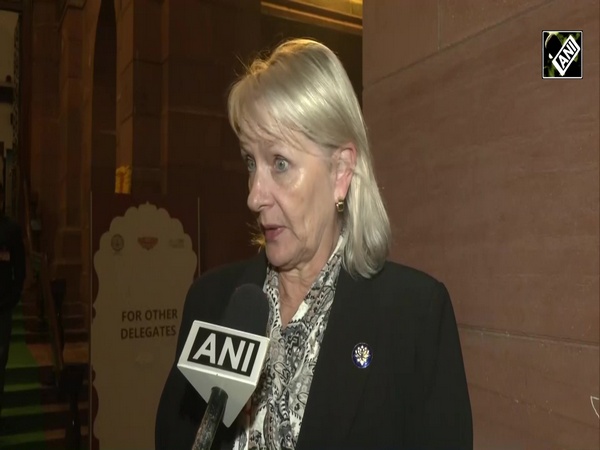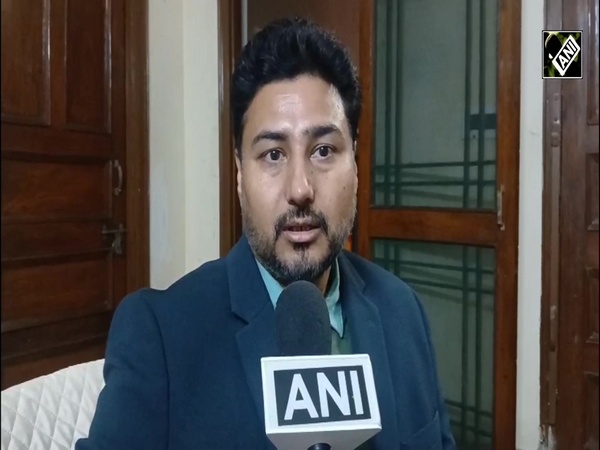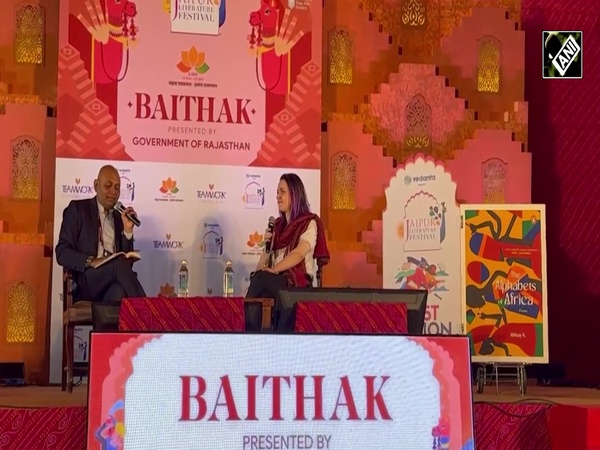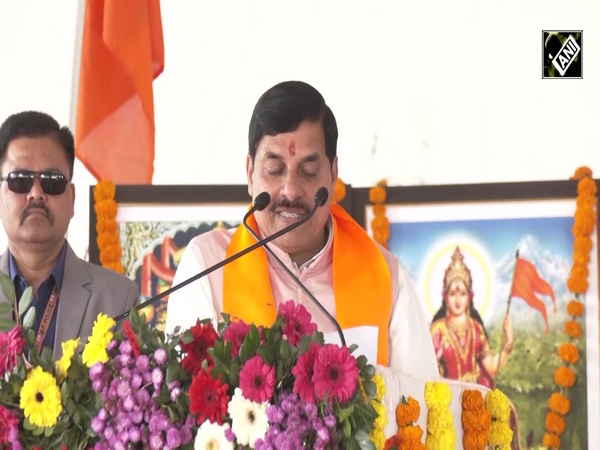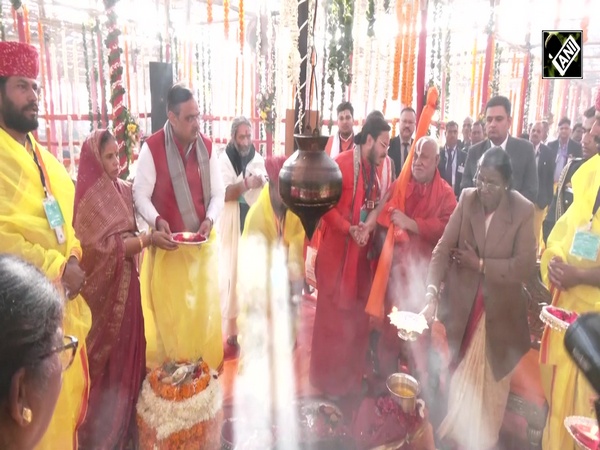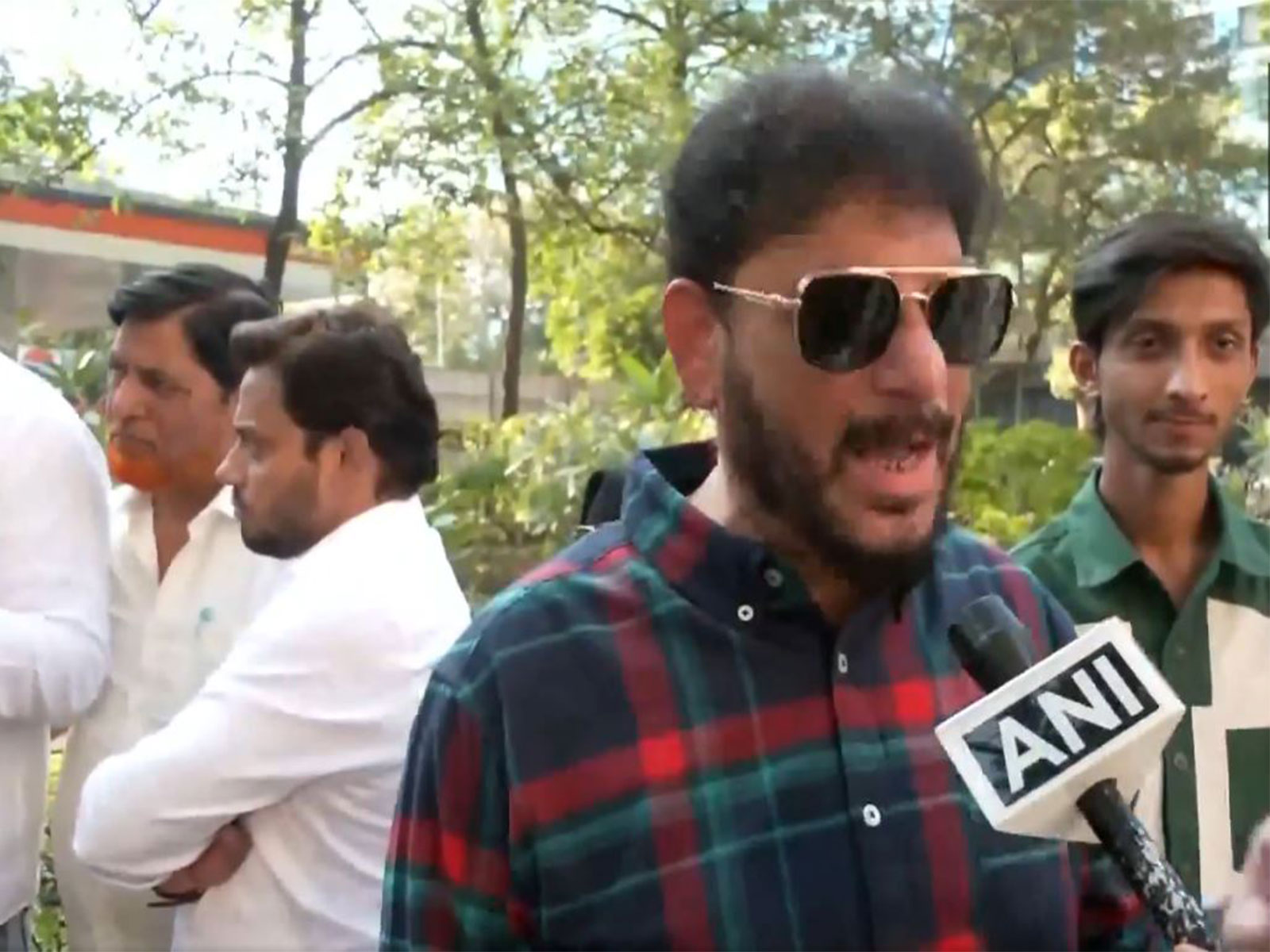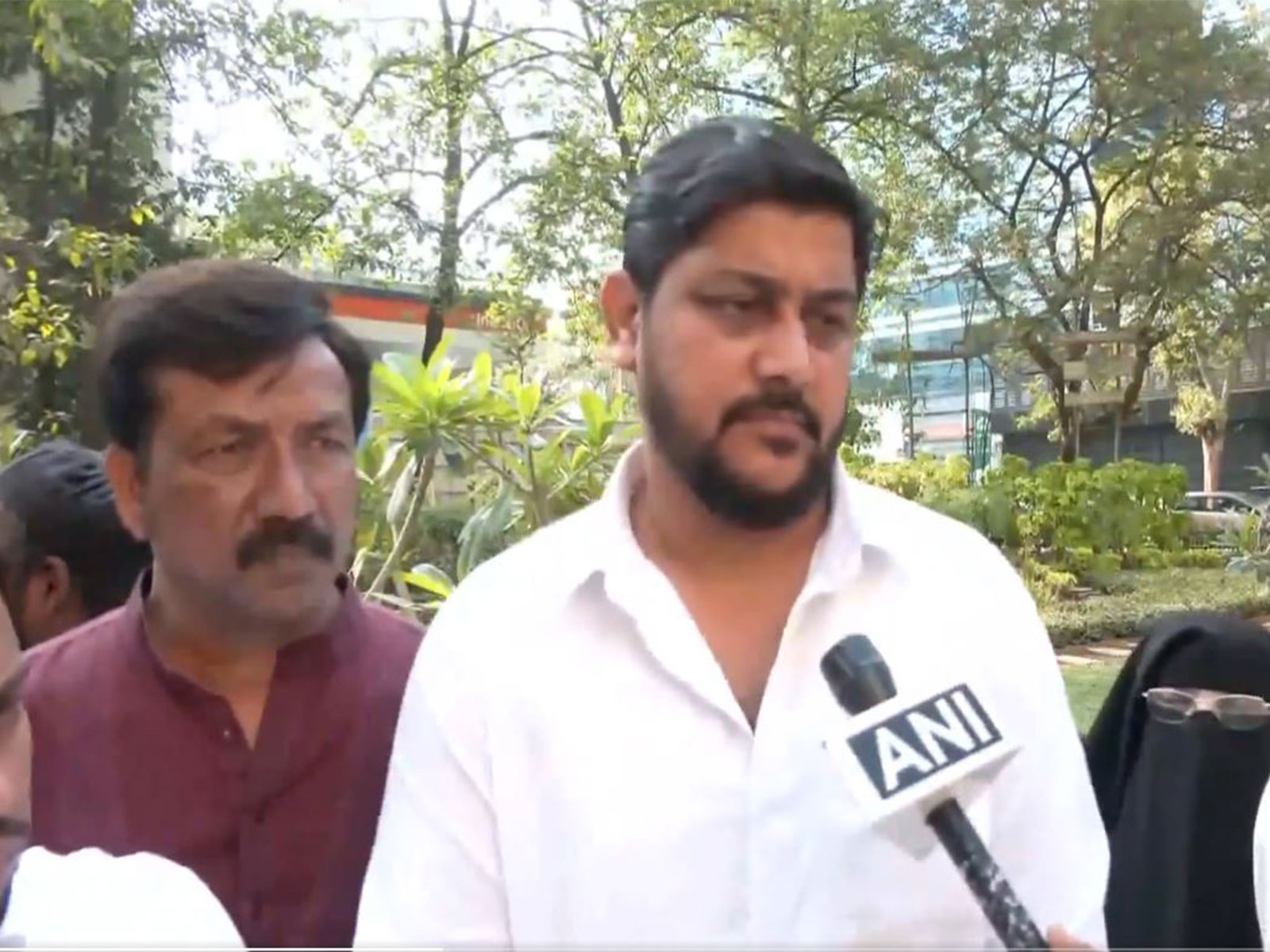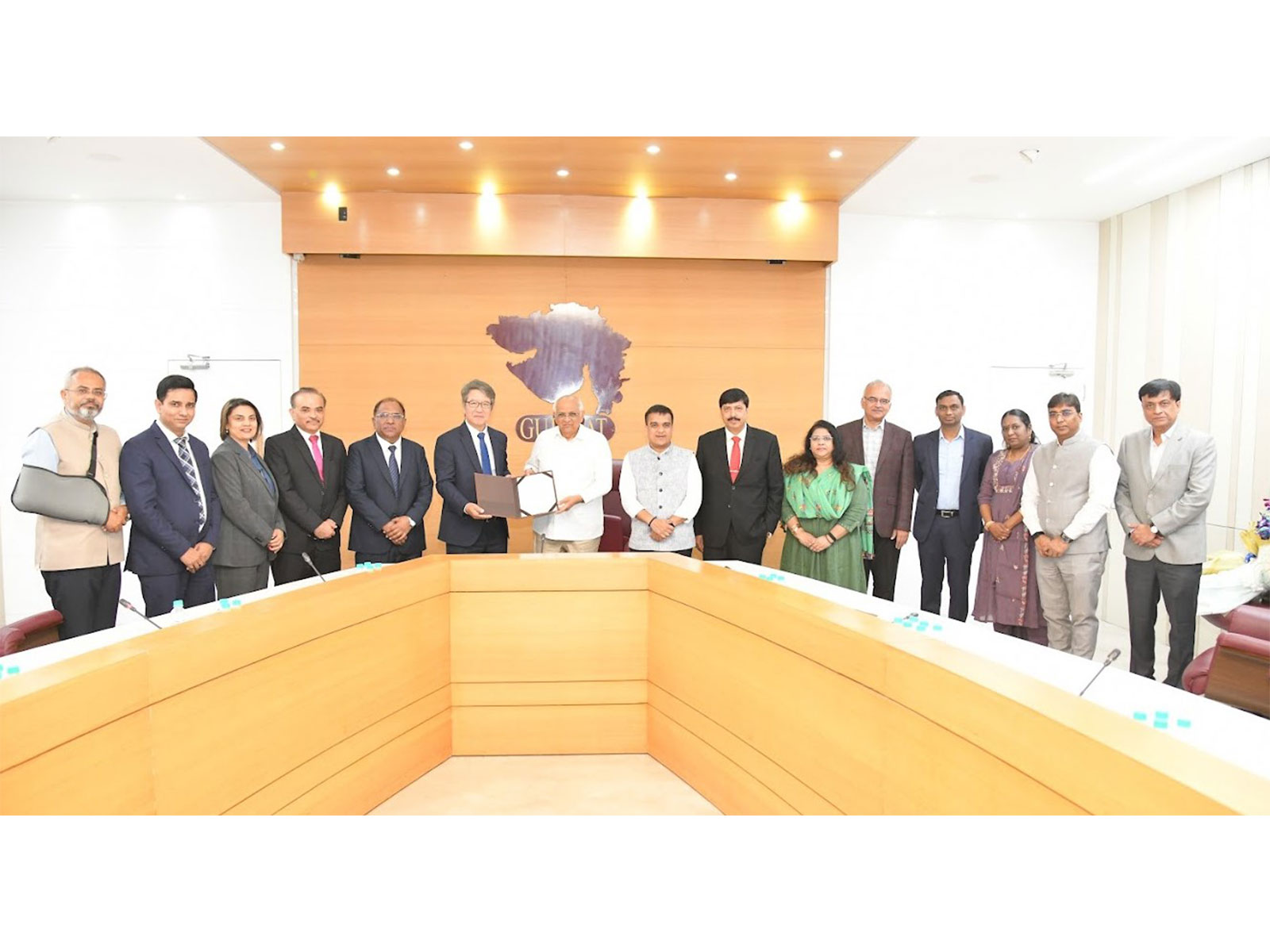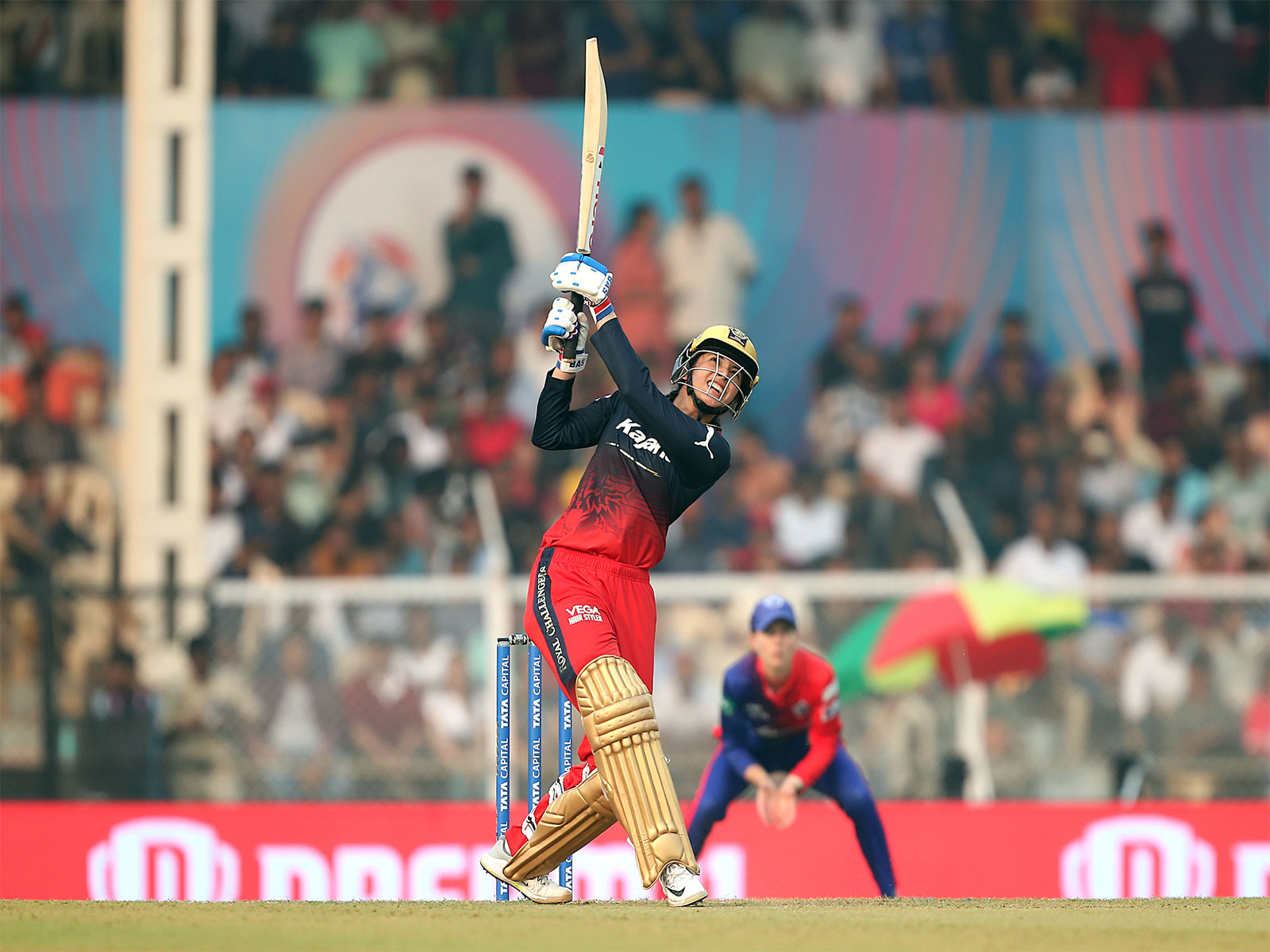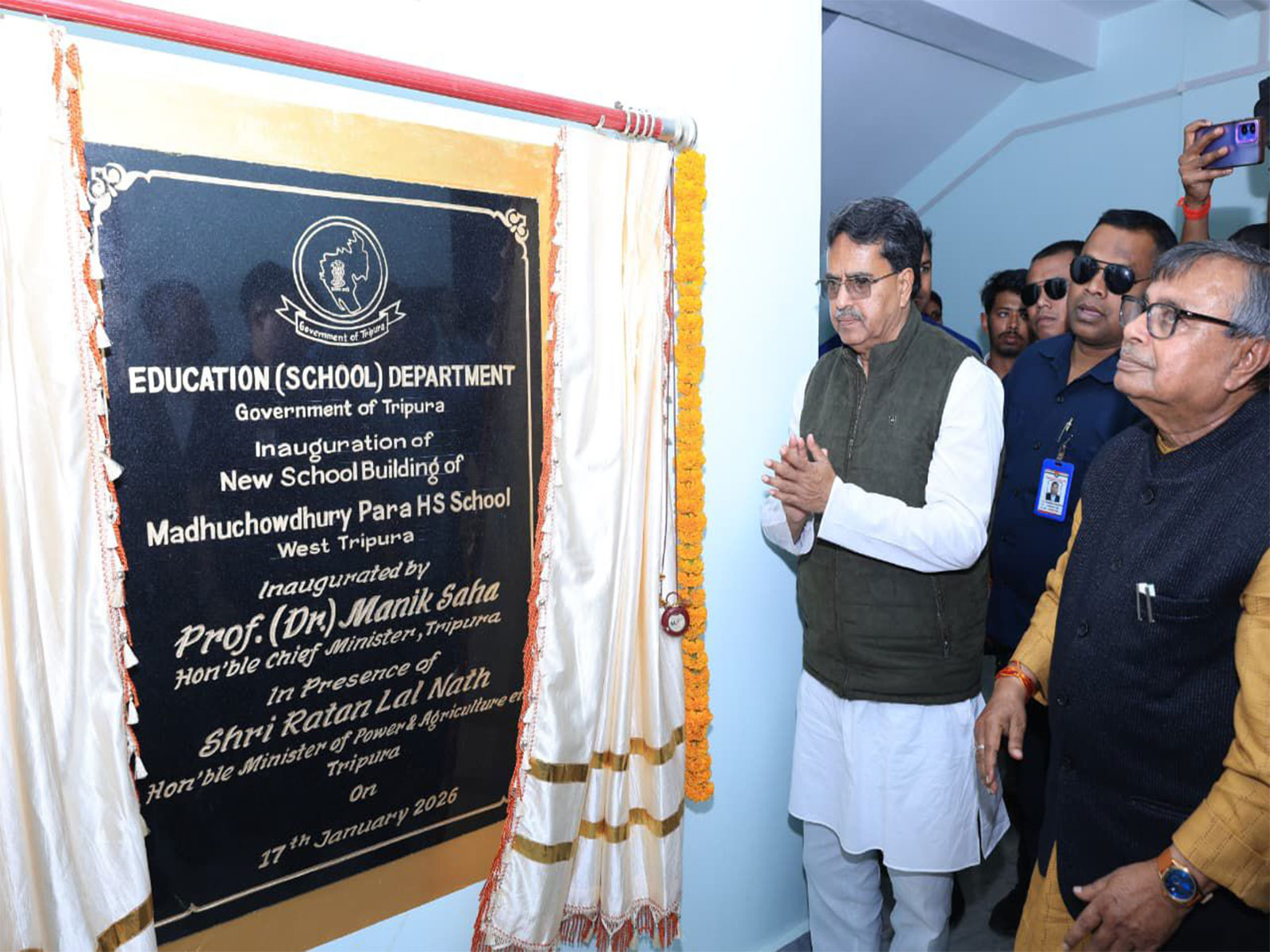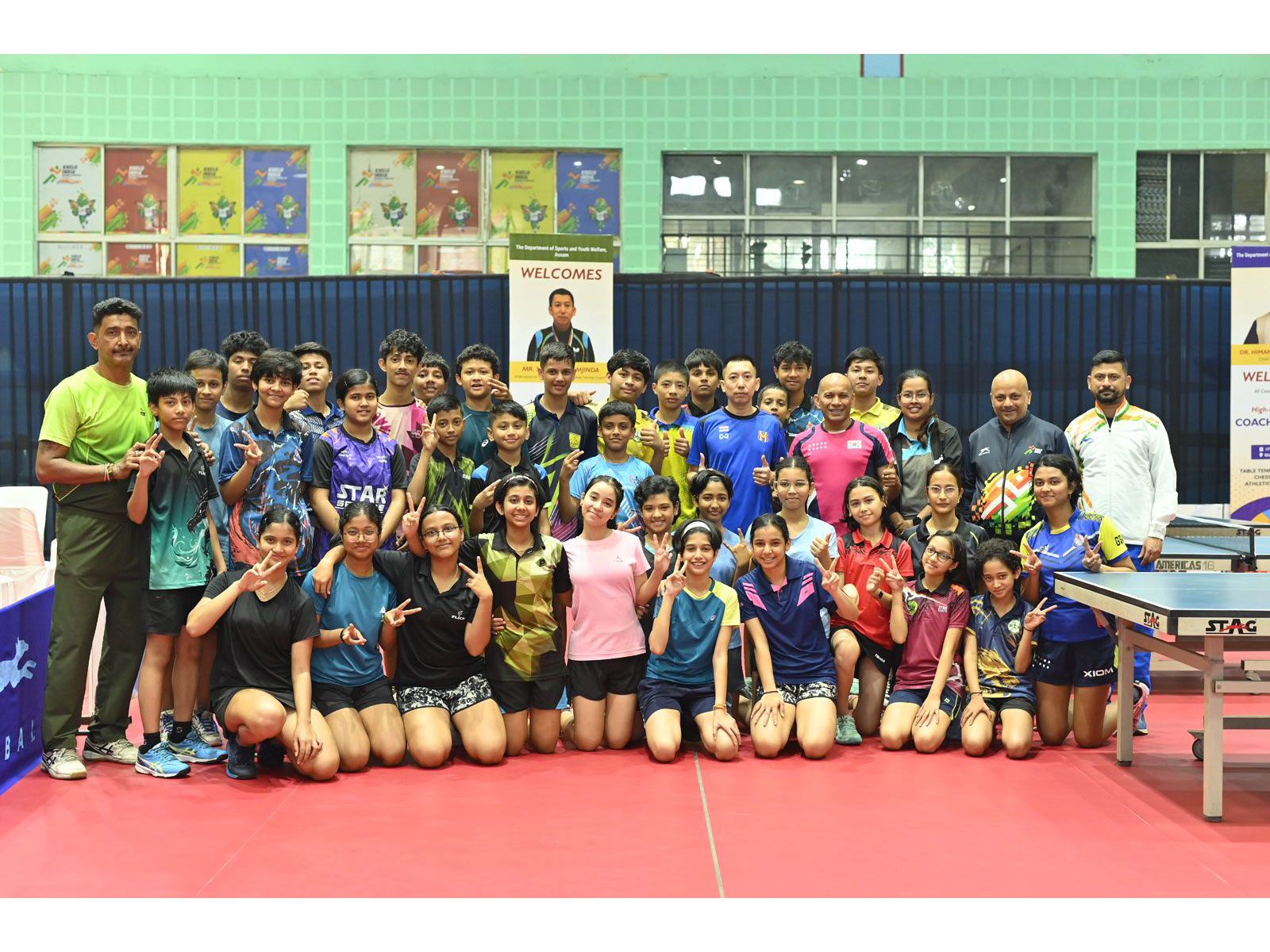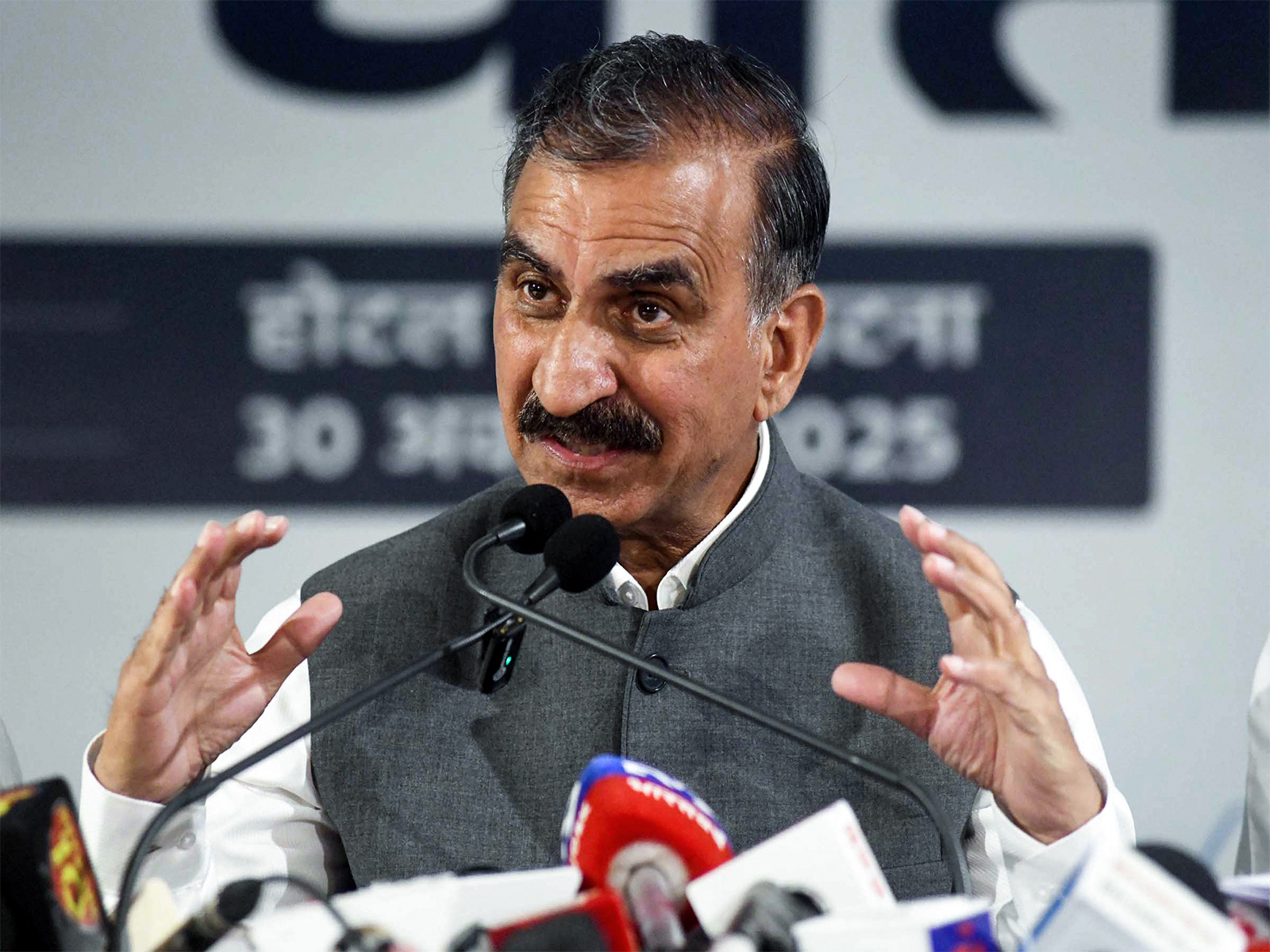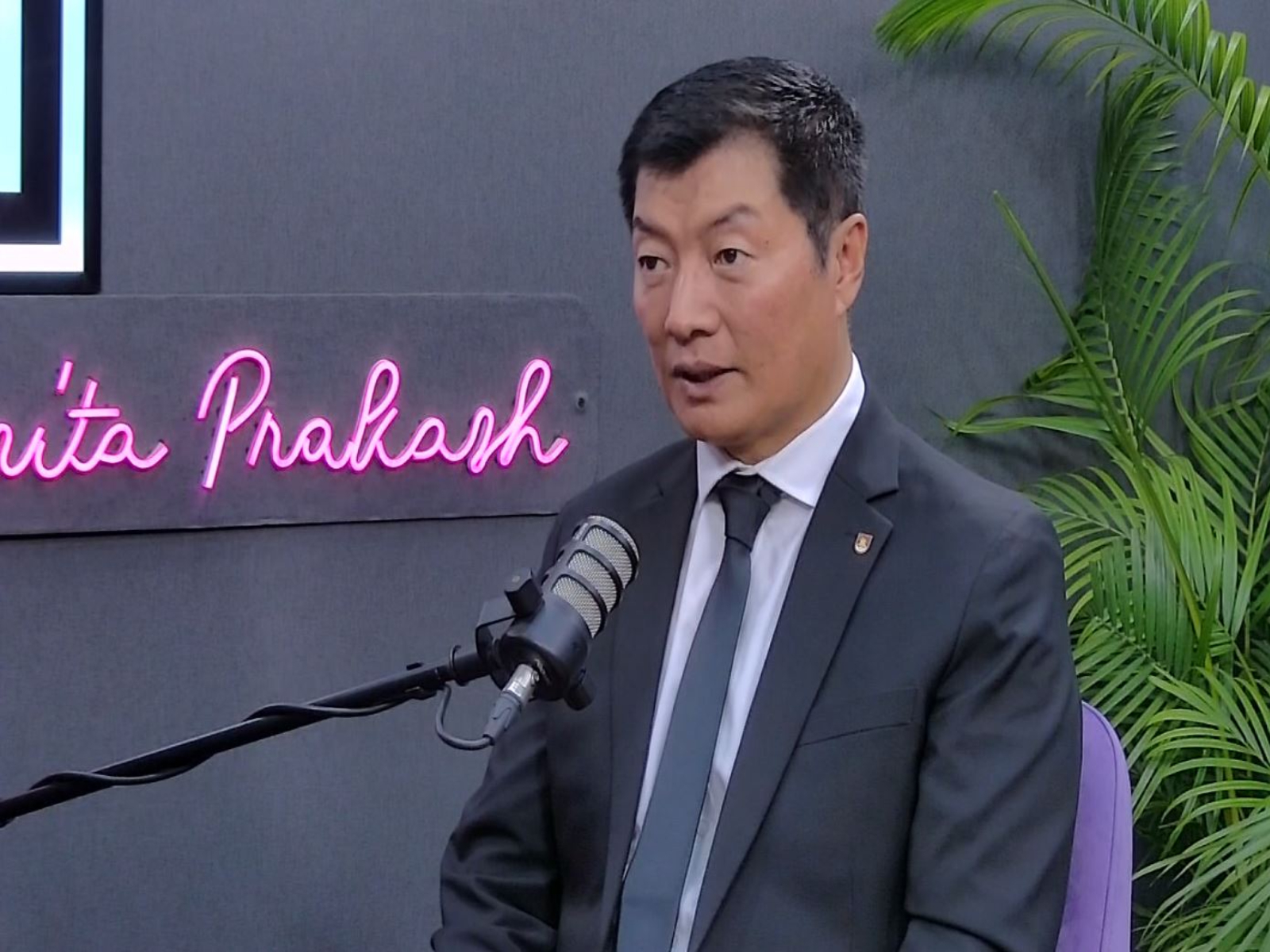
Chinese Embassy officials interfere in Nepal's local issues, claims Lobsang Sangay
Sep 13, 2025
New Delhi [India], September 13 : Former Tibetan Prime Minister-in-exile Lobsang Sangay highlighted China's growing influence in South Asia, particularly in Nepal, accusing Chinese Embassy officials of interfering directly in local affairs.
Speaking with ANI, Sangay expressed concerns about China's expansionist policies and warned India to be cautious in its dealings with Beijing.
In response to a question about whether India, like many Southeast Asian nations, is avoiding the Tibet issue to maintain its trade and diplomatic ties with China, Sangay said he does not believe India is following the same approach. However, he emphasised that China is systematically working to checkmate India's efforts to expand its influence in the region.
"India has a bigger stake with China," Sangay said. "Just look at not just Tibet, not just the border area. Look at all the neighbouring countries. In Southeast Asia or Central Asia, wherever India wants to have its influence or relationship, China is always there to checkmate."
"And the larger point that you raised about, you know, in Asia, how many people will take up the issue of Tibet because they don't want to have conflict with China, which is a fact on the one hand. On the other hand, what we say is that what happened to Tibet will happen to you. So if you don't understand and study Tibet, it will happen to you," he added.
He pointed to Nepal as a clear example of Chinese political overreach. "Let's say Nepal -- they didn't believe so, right? Now, yes, the Chinese embassy and the officials are interfering in local issues," he said. "The Chinese Embassy, perhaps, some of my friends say, is the most powerful in Kathmandu -- more powerful than the Indian Embassy or American Embassy. Some say that."
According to Sangay, similar patterns are emerging in other neighbouring countries. "Now, clearly, in Bhutan also, it is happening, in Bangladesh, in Sri Lanka -- they come and interfere and influence. I don't want to say they control you, but they come inside your own house."
He highlighted China's full physical control over Tibet and its current approach in other countries. "The difference is the physical control of Tibet," Sangay said. "Other than that, political influence of the Chinese government -- and through the embassies -- in all these neighbouring countries and all these Asian countries is a fact."
He emphasised that Tibet's situation serves as a warning to other countries, saying, "What happened to Tibet will happen to you if you don't understand and study Tibet."
Sangay said that Chinese President Xi Jinping's visits to Tibet were strategic signals to India, given Tibet's border with India and China's military presence.
When asked about the significance of these trips, Sangay responded, "Less with Chinese people. More to the world. More to the world, particularly India."
"Because Tibet borders India, you know, and the largest troops, the Chengdu base, you know, and Tibetan troops are all aiming at India. So in his first visit, the famous speech he gave, you know, to the troops was particularly targeted at India. You know, he said, we should have prepared, you know, even aggression, right?" he said.
"But then this time he visited, he gave a speech to the troops, you know, Chinese troops, but the speech was not released because it coincided with Prime Minister Modi Ji's visit to, you know, Beijing. Having said that, I'm sure he gave the same speech. Prepare yourself for war or incursion, you know, towards India, I'm sure. It's just that they didn't release the transcript, right?" he added.
As a Buddhist, Sangay spoke of a "nomadic mindset" among Tibetans who lost their country, finding a sense of home in India.
"As a Buddhist, we believe in the notion of impermanence," Sangay said. "Once you lose your country, you're nomadic. You have a nomadic mindset. Wherever you put your tent is your temporary home."
He explained that after Tibetans fled their homeland, India became their new home. "We left Tibet, our parents left Tibet and we put a tent in India. India is our home." Although he now lives in the United States, Sangay expressed a deep connection to India, especially to the culture and lifestyle. "As soon as I come out of Indira Gandhi airport, when you smell the Delhi air, I know the pollution-wise it's bad for health, but for your mind, it's just calming. Biryani khaana hai, dosa khaana hai, momo khaana hai, baad sab kuch chalega."
Sangay emphasised the strong bond between Tibetans and Indians, highlighting the shared cultural ties and warmth he experiences. "Whenever I meet Indians, I immediately say, Namaskar. Where are you from? Oh, you speak so much Hindi. Yes, we are also from Bharat. We are from Darjeeling. Okay, how is that? Immediately, there's this connection. Immediately, you become friends."
In a wide-ranging conversation, Sangay also responded to questions about Prime Minister Narendra Modi's recent visit to China, the evolving India-China dynamics, and how these developments are viewed from a Tibetan perspective. While emphasising the importance of diplomacy and dialogue, Sangay cautioned against ignoring the broader Chinese agenda.
"India should have good relationships with all the neighbours," Sangay said, "and even Tibetans, we want to have dialogue with the Chinese government to solve the issue of Tibet peacefully. So engagement, dialogue, and diplomacy are the right way to go."
However, he was quick to point out that China's intentions are rarely straightforward. "Their calculation is they have an expansionist design," he said, adding that China's influence is growing not just in Pakistan--its so-called "weather-tested ally"--but also in Bangladesh, Sri Lanka, Nepal, and increasingly in Bhutan.
"South Asia should be India's domain," Sangay argued. "From Galwan to Doklam, even in the border of Arunachal Pradesh, the intrusion and the building of now around 300 villages--inside LAC, at, and outside the LAC--show their designs."
Sangay expressed concern that China might interpret Modi's visit to Beijing as validation of its perceived status as the dominant power in Asia. "I don't want to say submission, but [it is] agreeing to the notion that they are number one in Asia and aspire to be number one in the world," he said.
Reflecting on his time in the Tibetan administration, Sangay said that every diplomatic thaw between India and China tends to be accompanied by Chinese pressure on India regarding the Tibetan community. Citing a specific incident in 2018, he recalled how the Tibetan administration planned to host a "Thank You India" event marking 60 years of Tibetan exile, only to face obstacles due to Chinese pressure.
"At that time, the foreign secretary felt he could address the Doklam issue by going to Beijing and creating a lull or thaw between Beijing and Delhi," Sangay recalled. "In the end, he didn't get any concession. And he did issue a notice, a rather memo, to everybody in India saying no leader can participate in the Thank You India event."
Sangay emphasised that despite such incidents, India has been a consistent supporter of the Tibetan cause. "No matter which party or which person becomes Prime Minister, India has always treated Tibetans well. We cannot think of any better host for Tibetans," he said, adding that the preservation of Tibetan identity, education, and religious institutions has been possible due to India's support.
As discussions turned to China's broader regional strategy, Sangay laid out a stark analysis. "Many say that Prime Minister Modi's visit to China after seven years is partly because of the tariff tension or conflict with America. So it's just a chess move," he said. "But we know overall, there are more areas of conflict with China than cooperation."
According to Sangay, China's strategy to dominate Asia includes ensuring that India remains a "distant number two." He explained, "To be number one in the world, first you have to be number one in the region. To be number one in the region, you must make sure that the number two is distant."
Lobsang Sangay served as the Tibetan Prime Minister in exile from 2011 to 2021. He was the first person without a monastic background to hold this post. Born in 1968 in a refugee community in Darjeeling, India, he studied law at the University of Delhi. Later, he attended Harvard University to study international law and democracy, and is now a US citizen.




